Reviews and Essays
 Emptying the Bookshelves
Emptying the Bookshelves
December 22, 2023 | The Wall Street Journal
“We’re going through Dad’s bookshelves and wondered if you’d like us to save some things for you?” This innocent question, posed by phone in the fortnight between my father’s death and his memorial service
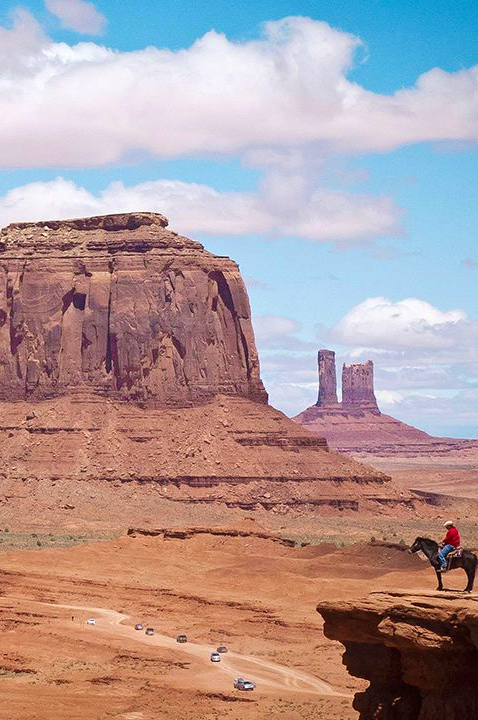 Plains Writing
Plains Writing
November 30, 2023 | The Economist
The American West is a great setting for a story, but a hard place to live. That is the theme of new biographies of Willa Cather and Larry McMurtry, 20th-century novelists who abandoned a life
 Writing in Reverse
Writing in Reverse
November 20, 2023 | The Millions
Hilary Mantel wrote with a novelist’s flair and a historian’s mind. Her fiction overflows with the busy detritus of life: this plate of fruit, that whispered threat, children at play, a plucked string. The accretion of detail
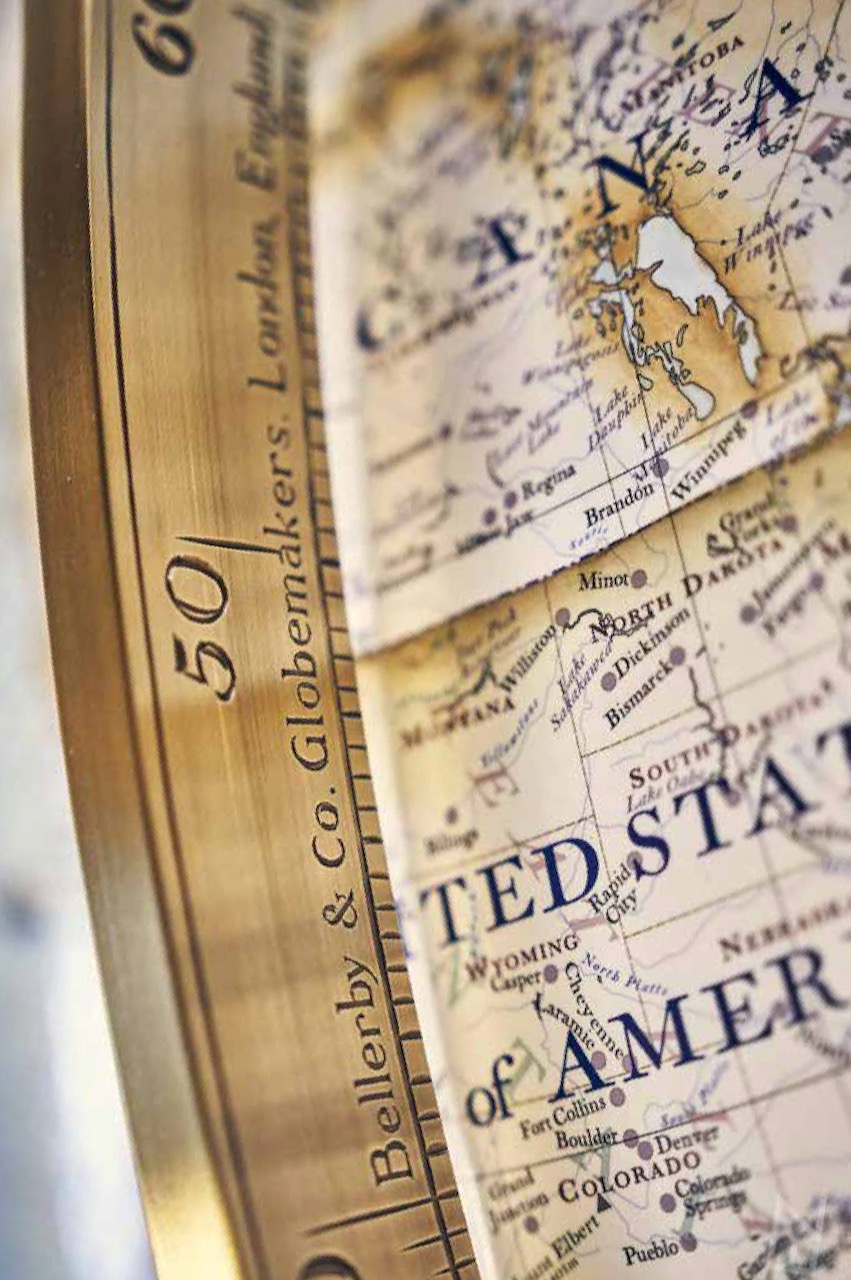 The World in Their Hands
The World in Their Hands
November 17, 2023 | The Wall Street Journal
Of all the artifacts that persist in the face of new technology, the globe may be strangest. Books have stubbornly clung to market share despite the rise of e-readers. Mechanical wristwatches remain the subject
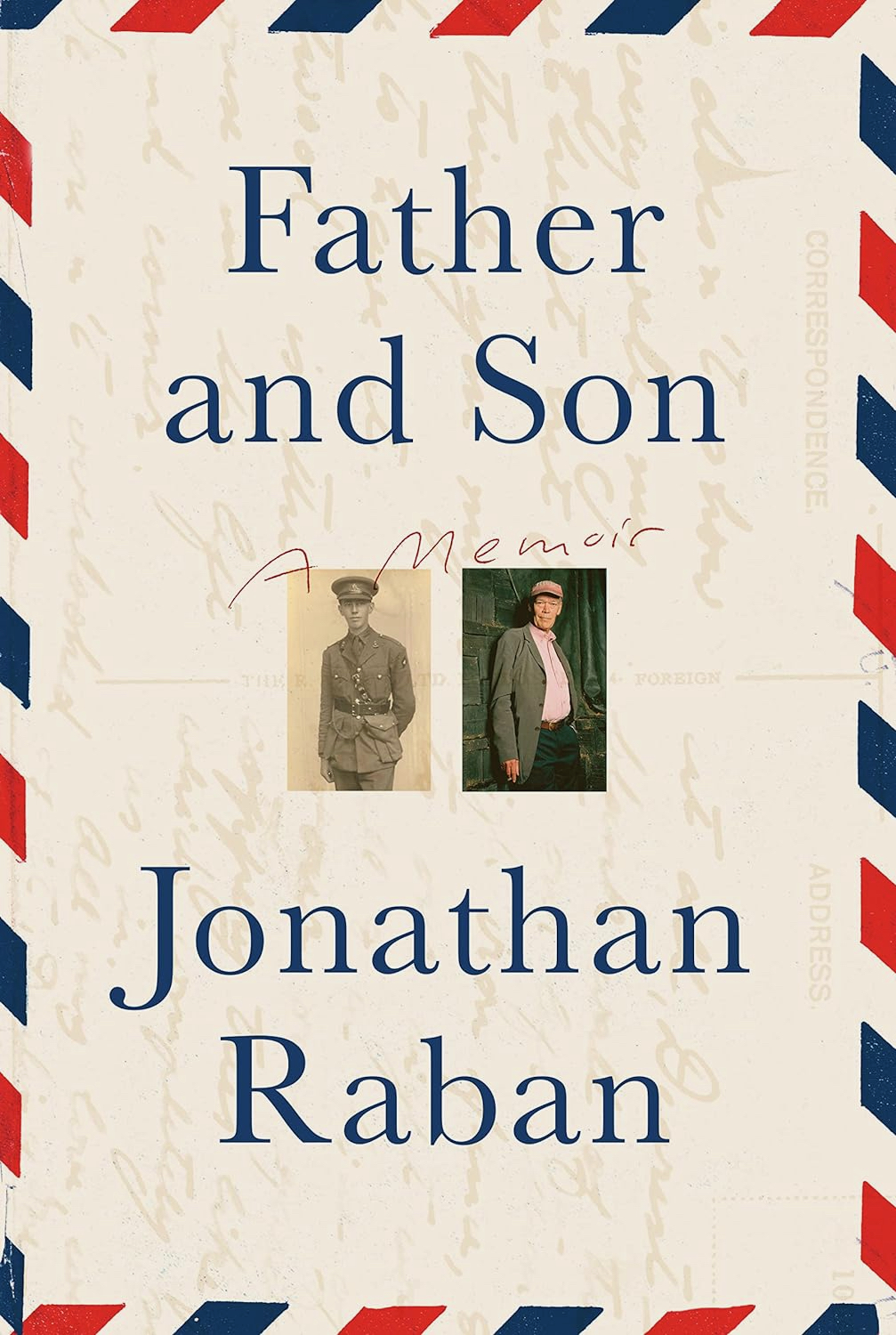 Anchored in Space, Voyaging in Time
Anchored in Space, Voyaging in Time
September 22, 2023 | The Wall Street Journal
On his first night in rehabilitation after a massive stroke at age 68, the writer Jonathan Raban took on a project. “I had long promised myself to read Tony Judt’s Postwar: A History of Europe Since 1945—a long book
 Scenes from a Literary Marriage
Scenes from a Literary Marriage
September 12, 2023 | The Millions
George Orwell was a man in need of a better half. Reserved and awkward, he was inept at manual tasks and perennially sick. For most of his brief life he looked like he was starving to death.
 Criticism, Anyone?
Criticism, Anyone?
June 12, 2023 | The Millions
I once invited Martin Amis to play tennis. The year was 2007 and he was visiting Chicago to promote his latest novel, House of Meetings. After his book talk, I lined up with other audience members to get my copy signed
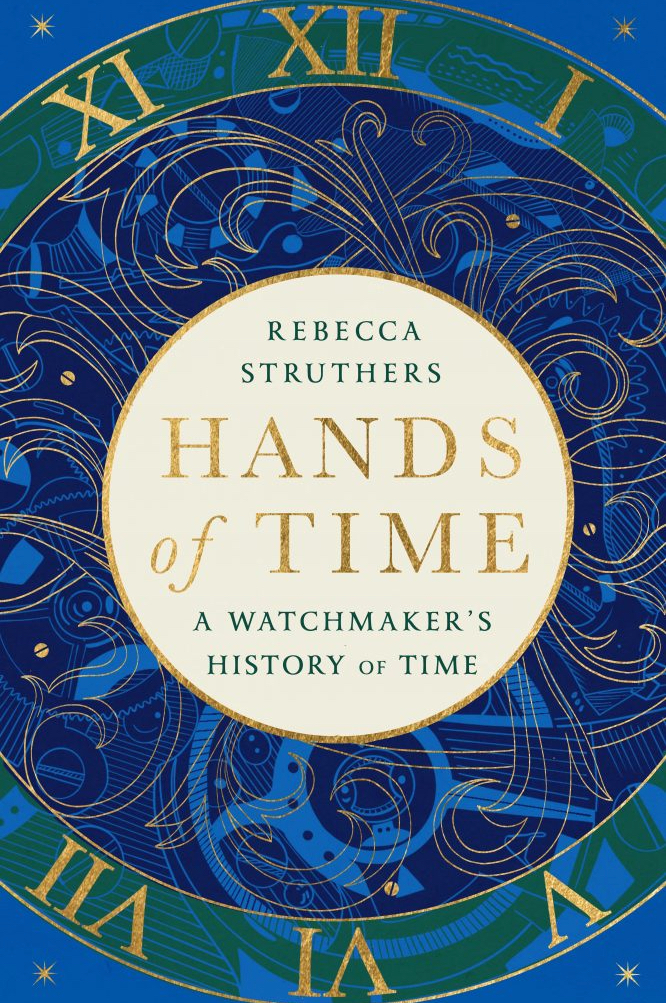 The Watchmaker’s Eye
The Watchmaker’s Eye
June 9, 2023 | The Wall Street Journal
People who love watches tend to be romantics, more interested in yesterday than tomorrow. The current Apple Watch can make calls and receive e-mails, track heartbeats and count sheep
 The Great Pandemic Novel
The Great Pandemic Novel
May 24, 2023 | Chicago Tribune
The pandemic is officially over. By federal declaration, the public health emergency expired on May 11, capping a general sense that has been in the air for months. Yet Covid-19’s devastating
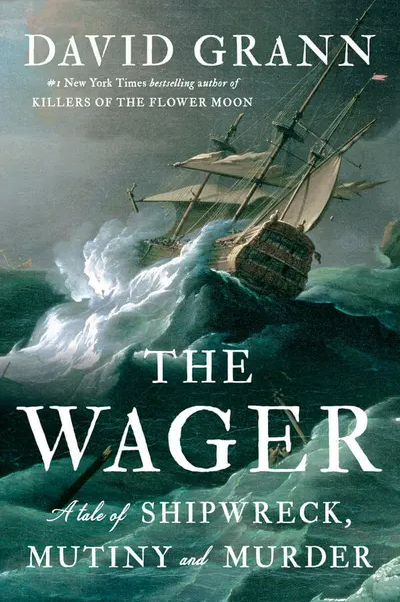 High and Dry
High and Dry
April 13, 2023 | The Economist
A largely forgotten chapter of a little-remembered war between England and Spain provides the setting for this gripping study of human nature in extremis. Wager, a British frigate, crashed onto rocks off the coast of Patagonia while pursuing the enemy into the Pacific in 1741. The seas in that remote part of the world are infamous. “Below forty degrees latitude, there is no law,” went a sailors’ adage. “Below fifty degrees, there is no God.”
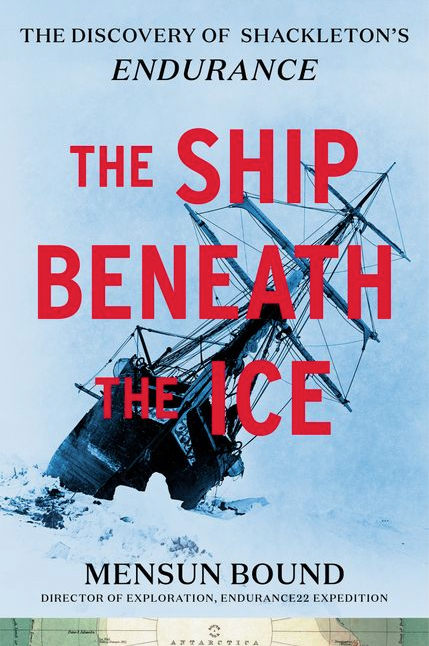 Stamina Pays Off
Stamina Pays Off
February 10, 2023 | The Wall Street Journal
One of the best adventure books ever written begins with a failure. “The order to abandon ship was given at 5 p.m.” So opens Alfred Lansing’s “Endurance” (1959), the definitive account of Ernest Shackleton’s 1914 attempt to sail to Antarctica and cross it on foot. The eponymous ship was trapped in ice for nine months and eventually sank after being crushed by the pack. Shackleton and his crew of 27 had to paddle, march, hunt and shiver their way to safety, braving huge seas in smaller boats with the use of crude navigational instruments. Somehow, they all survived.
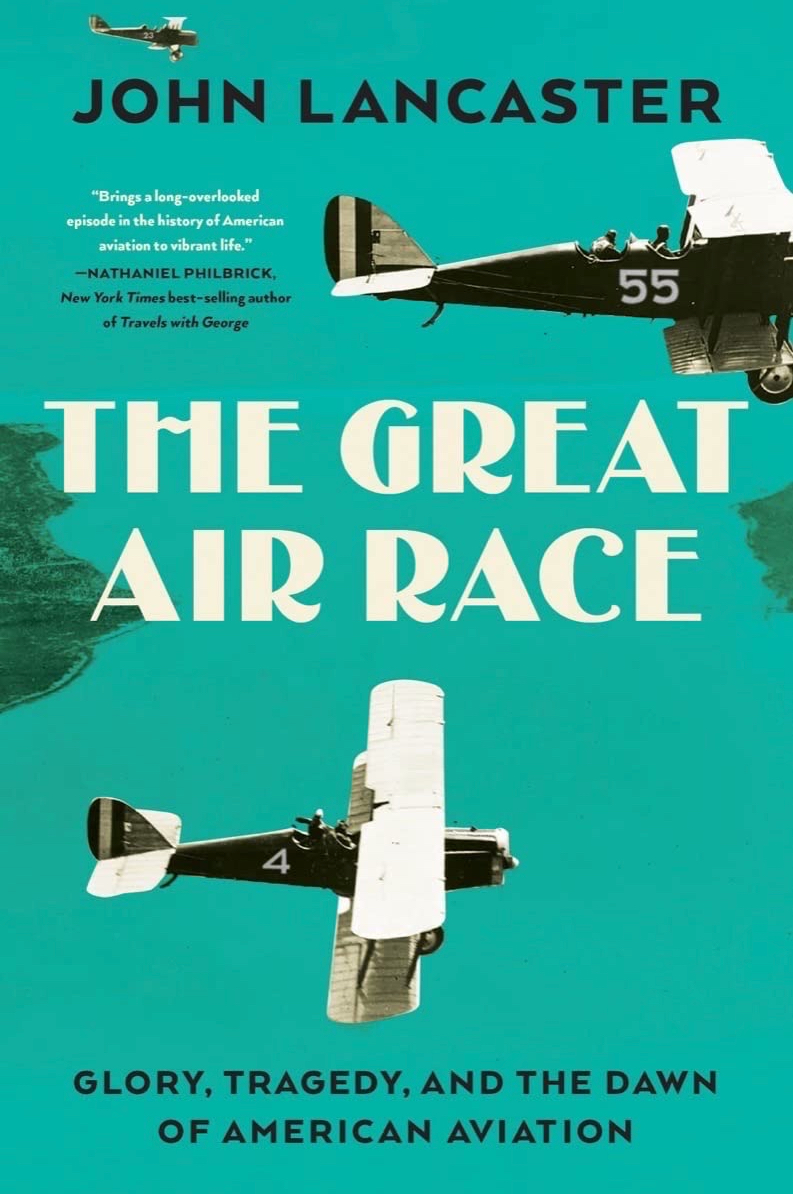 On a Wing and a Prayer
On a Wing and a Prayer
November 18, 2022 | The Wall Street Journal
A century ago, as the excitement of the Wright Brothers faded and the smoke from World War I cleared, a question arose: What was the future of the airplane? Few Americans had ever seen one; those who had knew it as little more than a barnstorming novelty. Planes had proven their utility in war, but not yet in peace. After the armistice, the Army’s Air Service thinned out its ranks from 20,000 officers down to 1,300. The Boeing Co. pivoted to making furniture and speedboats. One of the first aeronautical engineering specialists at MIT advised an eager student to seek another field. “This airplane business will never amount to very much,” he predicted.